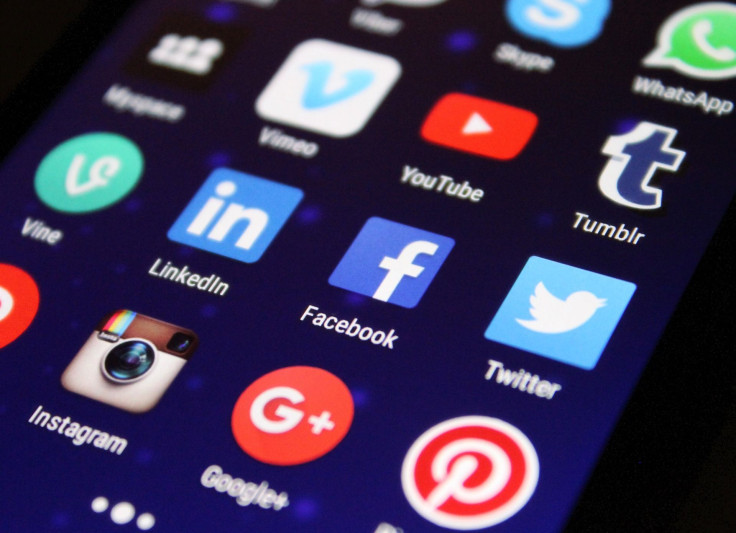Feeling Depressed? Too Much Time On Social Media Can Affect Your Mental Health

More Americans than ever before scroll through social media sites, posting statuses and interacting with friends, family, celebrities, and strangers. But a research team from the University of Pittsburgh warns there could be a huge drawback to constantly being connected to the world around you. Young adults in particular may experience feelings of depression. Their findings, published in the journal Depression & Anxiety, may lay the groundwork for intervention programs that promote positivity on social media platforms across the board.
“Because social media has become such an integrated component of human interaction, it is important for clinicians interacting with young adults to recognize the balance to be struck in encouraging potential positive use, while redirecting from problematic use,” said the study’s senior author Brian A. Primack, director of the Center for Research on Media, Technology, and Health at the University of Pittsburgh, in a statement.
For the study, Primack and his team recruited 1,787 American adults between ages of 19 and 32. Each participant filled out a questionnaire in 2014 — a year when more than half of the country was active on at least one social media platform. They were asked about how often they used the follow social media platforms: Facebook, Twitter, Instagram, Snapchat, YouTube, Reddit, Tumblr, Pinterest, Vine, Google Plus, and LinkedIn. Researchers tallied up their answers and found that, on average, participants used various forms of social media about 30 times a week, which came out to about 61 minutes a day.
Participants were also tested for depression using an established depression assessment tool called the Patient-Reported Outcomes Measurement Information System Depression Scale, which gauged their risk for depression and any signs or symptoms of it. The results revealed that more than a quarter of participants had “high” indications of depression.
But more importantly, researchers found a link between the amount of time spent on social media and the participant’s risk for depression. Those who checked their social media most frequently were 2.7 times more likely to be depressed compared to those who checked less often. Those who spent the most amount of time on social media throughout the week had 1.7 times the likelihood of depression.
Now that researchers have found a correlation between social media use and depression, they need to figure out which came first — depression or the social media use. People who are already depressed may turn to social media more often to try and fill a void. But what they’re most worried about is social media causing depression to develop, or exacerbating a person's mental state, worsening it every time they log back in.
According to the Anxiety and Depression Association of America, depression isn't characterized by fleeting feelings of anxiety or sadness. Depression goes beyond circumstantial emotional reactions to normal stressors, like getting fired or going through a divorce. It’s when feelings of sadness, hopelessness, disinterest, and discouragement occur on a daily basis, and infringe on daily activities, that a diagnosis may occur.
More than 14.8 million adults in the U.S. suffer from major depressive disorder, but there is hope beyond what a newsfeed can offer. Up to 80 percent of those treated for depression show an improvement in symptoms within four to six weeks. And with more young adults using social media to placate their symptoms, health care experts see an opportunity to reach out and provide help.
“Our hope is that continued research will allow such efforts to be refined so that they better reach those in need,” Primack said. “All social media exposures are not the same. Future studies should examine whether there may be different risks for depression depending on whether the social media interactions people have tend to be more active versus passive or whether they tend to be more confrontational versus supportive. This would help us develop more fine-grained recommendations around social media use.”
Source: Primack BA, Lin LY, and Sidani JE, et al. Association Between Social Media Use And Depression Among U.S. Young Adults. Depression and Anxiety. 2016.



























